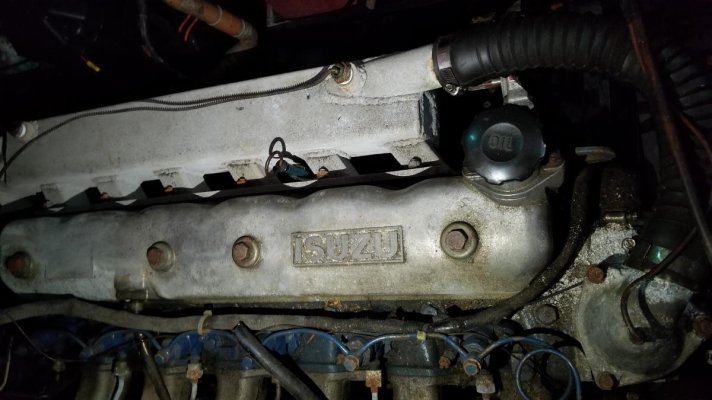jovial_cynic
Veteran Member
- Joined
- Aug 20, 2017
- Messages
- 83
- Location
- USA
- Vessel Name
- Zorro Del Mar
- Vessel Make
- 1972 Tollycraft Tri-Cabin
In the welcome thread, I posted that I'm the proud new owner of a 42' Matthews Cabin Cruiser. She's got a set of questionable twin diesel engines, but the hull looks good, the interior appears solid, and will just need to be touched up, sealed, etc.
I'm going to be cruising this thing from her current location in Bremerton, Washington down to Olympia where she'll end up living. However... questionable engines being what they are, I'm interested in some emergency back-up plans to keep in my back pocket.
I think the worst case scenario is a monstrous tug-boat bill, in which case it might be cheaper to simply purchase a couple of new engines. But let's honestly say that both motors fail on me on this first-of-many trips. Aside from having a friend with a boat pull me (which is a viable option), what are the common steps here?
Surely, somebody here has purchased a questionable boat before.
I'm going to be cruising this thing from her current location in Bremerton, Washington down to Olympia where she'll end up living. However... questionable engines being what they are, I'm interested in some emergency back-up plans to keep in my back pocket.
I think the worst case scenario is a monstrous tug-boat bill, in which case it might be cheaper to simply purchase a couple of new engines. But let's honestly say that both motors fail on me on this first-of-many trips. Aside from having a friend with a boat pull me (which is a viable option), what are the common steps here?
Surely, somebody here has purchased a questionable boat before.





